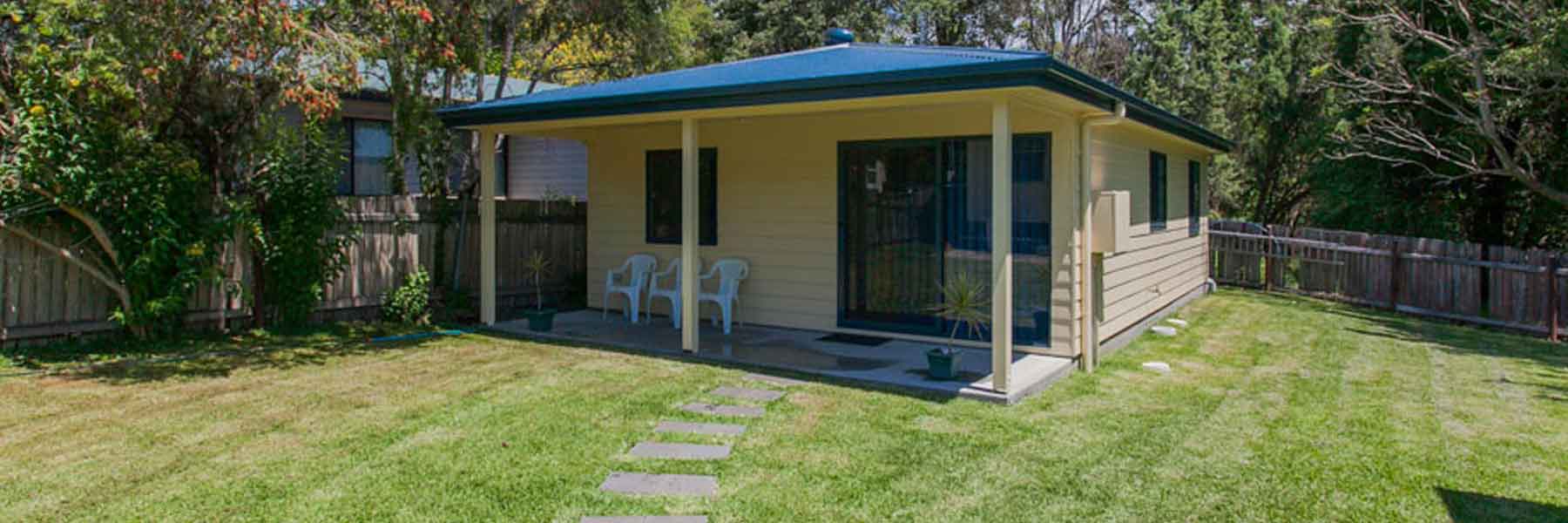Home > Home Loans > Home Loans for Casual Workers
Home Loans for Casual Workers
Don’t have a permanent job? Plenty of Australians don’t. You can still get a home loan if you know how.
Author
Savvy Editorial TeamFact checked
Home loans for casual workers are available in Australia if you meet the eligibility requirements. That’s good news if you’re one of Australia’s more than 2.6 million casual workers.
How do I know if I’m a casual worker or not?
Workers in Australia fall into one of three categories:
- casual
- part-time
- full-time.
You are a casual worker if the following circumstances describe your work situation.
- You don’t have any ongoing employment commitment from your employer.
In other words, your job and your work hours are not guaranteed from week to week or month to month. Full-time and part-time workers do have this guarantee of hours.
- You work a varying number of hours each week or month.
Full and part-time workers on the other hand work a regular number of hours each week or month.
- You don’t get paid sick leave or paid holidays.
Both full and part-time workers get these benefits. However, you usually get a higher hourly pay rate as a casual worker to compensate for not receiving these benefits.
- You or your employer can end your employment without giving any notice.
Employers are required to give full and part-time workers notice except in exceptional circumstances (and vice versa).
What are the eligibility requirements for home loans for casual workers?
Different lenders have different lending criteria. However, you’ll improve your chances of a home loan approval if you can tick all of the following boxes.
- You have been with your current employer for 12 months or more.
However, some lenders may be prepared to approve your application even if you haven’t. But they will usually charge you a higher interest rate though to compensate for the increased risk.
- You have been working casually in the same industry for a long period.
It’s more ‘normal’ to be casually employed in some industries than others. For example, the latest figures show that 79% of all workers in the hospitality industry are casual.
If you’ve worked casually in any industry for a long time, your approval chances will be higher. This applies even if you’ve changed employers in that industry within the last 12 months.
- Your income is fairly stable.
The biggest concern for lenders when assessing home loans for casual workers is a fluctuating income. If your income fluctuates significantly, it can make it harder for you to always afford your regular home loan repayments.
- You have a good credit score.
Your credit score gets compiled by credit reporting agencies in Australia like Equifax. Lenders check it when you apply for a loan. You’ll have a good credit score if you have a track record of repaying all your debts on time.
Are there other ways to improve my chances of being approved?
Yes. If you can’t tick all of the boxes above, all is not lost. You can increase your chances of being approved if you can tick as many of the below boxes as possible.
- You can provide a guarantor.
This will improve your chances of being approved. A guarantor is a suitable person (usually a family member) who agrees to make your loan repayments if you don’t.
- You can provide a higher deposit.
This lowers the lender’s risk. It also saves you money. The more deposit you have, the less you need to borrow and the less interest you’ll pay.
In addition, if you can provide a deposit of at least 20%, you won’t need to pay for lenders’ mortgage insurance (LMI). This can be a saving of $10,000 or more on an average-sized home loan.
If you’re a first home buyer, you might be eligible for government assistance to help you with your deposit.
- Your partner has a permanent job.
Their income will be assessed by the lender as being more secure than your casual income.
Do home loans for casual workers have higher interest rates or higher fees?
Yes, they often will. Lenders are risk averse and casual workers are usually perceived as higher risk. Lenders reduce their risk in one of three ways.
- Charging higher interest rates
Casual workers may only be able to get home loans from specialist lenders. In general, these specialist lenders have higher interest rates.
- Charging higher fees
Interest is the largest cost on a home loan but it may not be the only cost. Lenders may charge additional discretionary fees for home loans for casual workers. For example, application fees and ongoing monthly or annual fees. Application fees can range from $150 to $700. Monthly/annual fees can average $300 to $400 per year and can quickly add up.
You should always look at the comparison rate on a loan. It includes the cost of interest PLUS lender fees and charges.
- Declining applications
This includes declining applications from casual workers who don’t meet their specific lending criteria. They are perceived as too great a risk.
Your home loan options
Making your first big step towards buying a home? It's crucial to be across your mortgage options as a first homebuyer.
Opting for a variable interest rate on your home loan means it'll fluctuate as the market moves throughout your repayment term.
On the other hand, fixing your rate locks it in for a pre-defined period. This can bring with it greater certainty around your budget.
It's important not to set and forget when it comes to your home loan. If you find a more competitive offer, it may be worth refinancing.
If you're looking to build a new house, construction loans are specifically designed to cater to the different needs associated with doing so.
A guarantor essentially acts as a safety net for your lender, as they sign onto your loan to agree to pay it off should you become unable to do so.
Purchasing a property as an investment brings with it different specifications from a lender. It's crucial to know what your options are.
Businesses big or small may wish to purchase a property for commercial purposes, which are also different from a standard loan.
Your home loan may give you an interest-only option, which allows you to exclusively pay interest on your loan for a set period.
Just because your finances may be slightly more complicated as a self-employed individual doesn't mean you can't take out a home loan.
Some lenders may allow you to apply for a home loan with alternative documents, such as tax returns, BAS and ABN registration.
There are several options for purchasing a property without a cash deposit, such as equity in another property if you or your guarantor own one.
Why compare home loans with Savvy?
100% free
You don't have to pay a cent to compare home loans with us, enabling you to do so at any time.
Paperless quote process
You can fill out a simple online quote via our form without having to worry about sorting through heaps of paperwork.
Trusted lenders
With a panel of reputable mortgage lenders behind us, you can rest assured you'll be comparing high-quality options.
Still have more questions about home loans for casual workers?
No. Major (Big 4) banks and credit unions are less likely to offer home loans for casual workers than non-bank lenders. It can be worthwhile to talk to a licensed mortgage broker to source your loan. They have access to multiple lenders.
Yes, many professionals like teachers and nurses work casually in Australia these days. If you’re employed casually in any industry, home loans for casual workers are an option. You’ll need to meet a lender’s eligibility requirements to be approved, regardless of the type of casual work you do.
This depends on the lender and your income as a casual worker. Some lenders will be prepared to lend 90% of your home’s value (or more), while others may only lend up to 80%. Whatever the amount, you’ll need to be able to demonstrate that you can afford your loan repayments when you apply. If you can’t, your application will be declined.
Use our repayment and borrowing power calculators to work out what you can afford.
They will usually look at your bank statements for at least six months to work out an average amount. They might also look at your most recent annual payment summary (group certificate) or tax returns.
No. Every time you make a credit application, it is recorded in your credit file. This can negatively affect your credit rating, especially if you are declined by one or more lenders.
It’s far better to apply with a single lender whose approval criteria you meet. A licensed mortgage broker is likely to be familiar with the lending criteria of multiple lenders. They should be able to recommend the most appropriate lender for your application.









